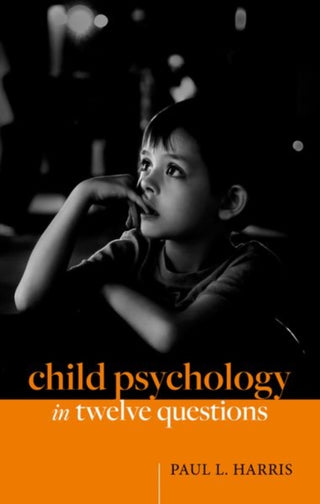-
Child psychology as a scientific enterprise is about 100 years old, but while numerous textbooks and practical guides are available, the more meditative questions about the nature of a child's mind are rarely asked. This book explores some of the enduring questions in developmental psychology: How do children form an attachment to their caregivers? How do they learn words? In their imagination, are they confused - or clear-sighted - about the difference between fantasy and reality? How do they decide who to trust? In each case, Paul Harris shows why these questions are important, proposes likely answers, and explains the uncertainties that persist. He outlines important landmarks, both well-known and neglected, and explores broader questions about theories of mind, morality, and cross-cultural differences.
Child psychology as a scientific enterprise is about 100 years old, but while numerous textbooks and practical guides are available, the more meditative questions about the nature of a child's mind are rarely asked. This book explores some of the enduring questions in developmental psychology: How do children form an attachment to their caregivers? How do they learn words? In their imagination, are they confused - or clear-sighted - about the difference between fantasy and reality? How do they decide who to trust? In each case, Paul Harris shows why these questions are important, proposes likely answers, and explains the uncertainties that persist. He outlines important landmarks, both well-known and neglected, and explores broader questions about theories of mind, morality, and cross-cultural differences.
